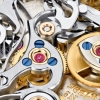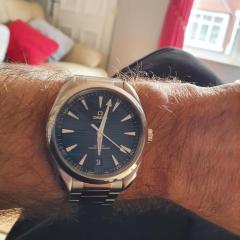-
Recently Browsing
- No registered users viewing this page.
-
Topics
-
Posts
-
Hi, there is a Timex expert on here but I can not remember his name, try the search bar at top right.....
-
By RichardHarris123 · Posted
Try this https://www.ofrei.com/page441.html






Recommended Posts